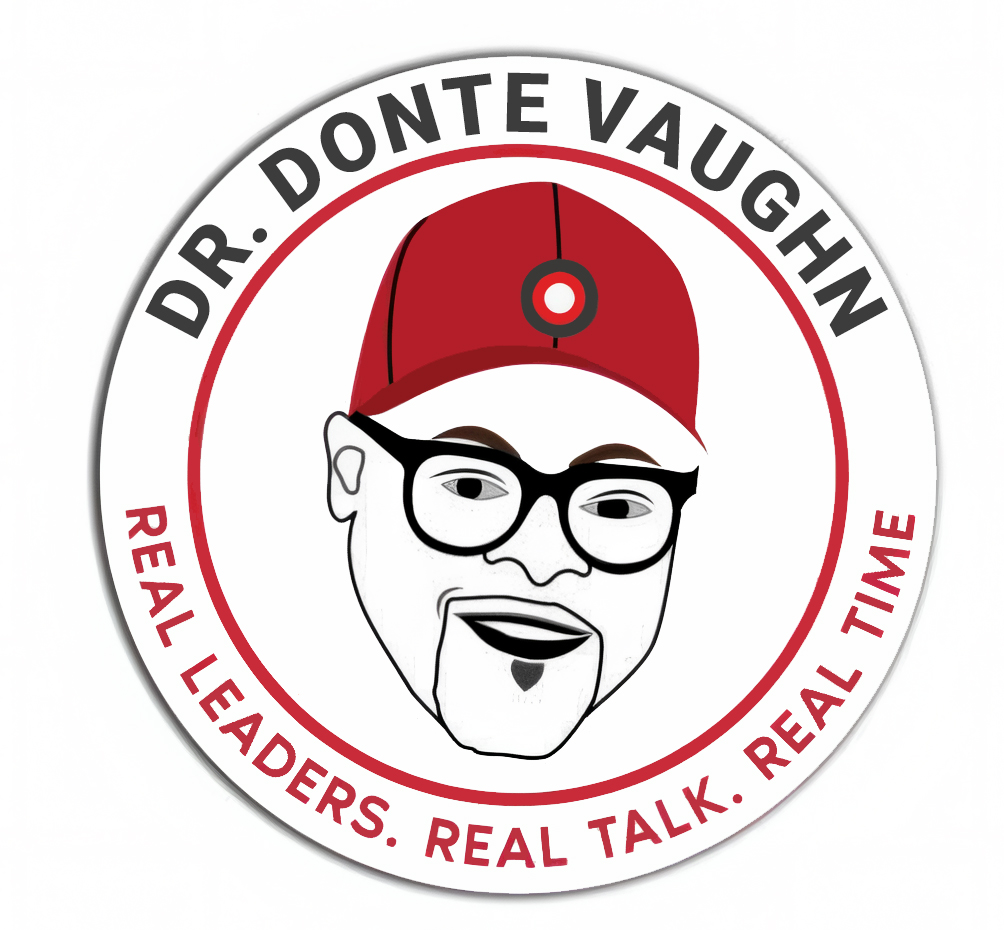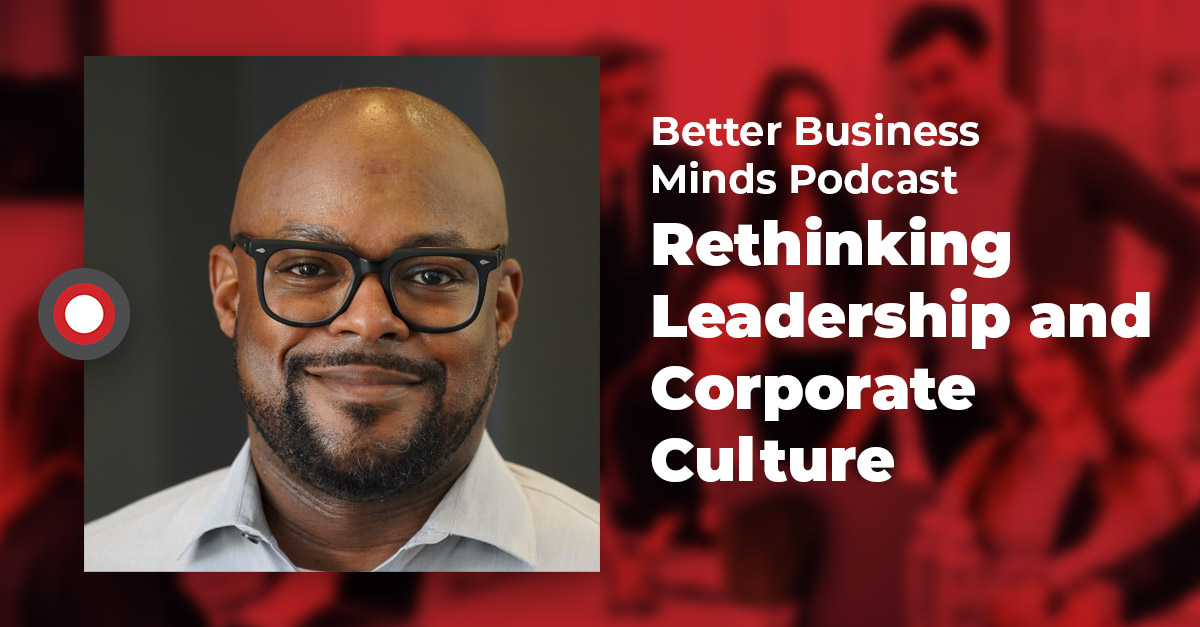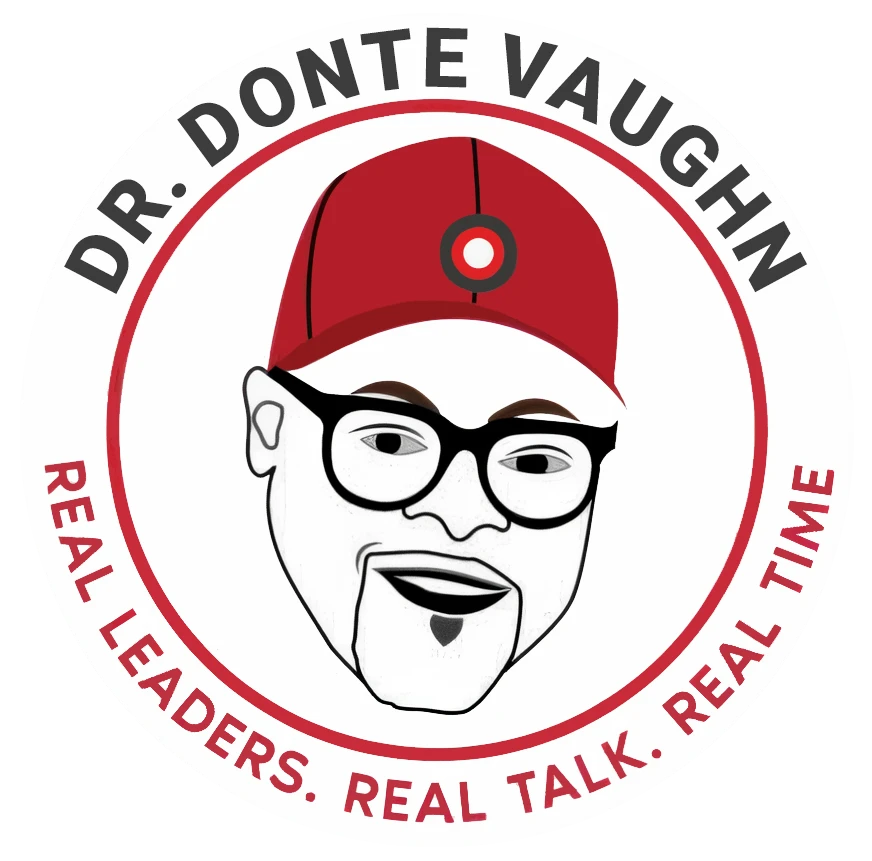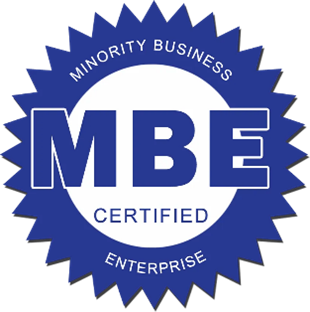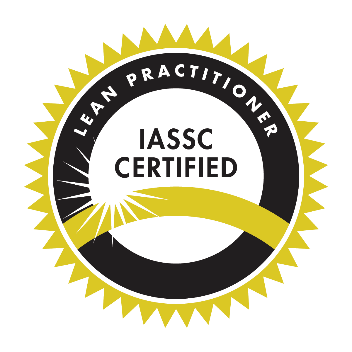In the ever-evolving landscape of business, the importance of leadership in cultivating a positive and productive corporate culture cannot be overstated. Dr. Dante Vaughn, an acclaimed expert in organizational leadership, shares his profound insights on this subject in a recent episode of “The Best Business Minds,” hosted by Mark Kramer.
Understanding Corporate Culture: More Than Just a Buzzword
"Culture is something that was born probably a couple of decades ago and then it evolved from corporate culture to workplace culture... It's the values we all share, the language we all use, the behaviors we all display, and the connections we make."
Dr. Dante Vaughn.
Corporate culture, often misunderstood and oversimplified, is much more than shared values or employee happiness. It’s about the collective behaviors, language, and connections that define the workplace environment. Dr. Vaughn emphasizes that culture is a dynamic entity, continuously influenced by leadership behaviors and decisions. This understanding challenges the prevalent myth that culture forms organically and without strategic intent.
Dynamic Nature of Corporate Culture:
- Corporate culture is a complex mix of values, behaviors, language, and connections.
- It is not static but evolves with leadership influence and strategic decisions.
Leadership: The Catalyst for Cultural Change
"Leaders set the tone, not employees coming in. Leaders set the pace and the tone for what culture they want in the organization."
Dr. Dante Vaughn.
The pivotal role of leadership in shaping culture is central to Dr. Vaughn’s philosophy. He argues that leadership is not just about implementing processes or systems but fundamentally about influencing behaviors and making meaningful connections. Leaders set the tone for the organizational culture, and their actions and decisions have a far-reaching impact on both internal and external stakeholders.
Leadership’s Role in Shaping Culture:
- Leadership is crucial in influencing and setting the organizational culture.
- Effective leaders understand the importance of their behaviors and decisions in shaping the workplace environment.
Debunking Myths About Corporate Culture
"One of the myths is the premise that workplace culture is more like something that is about making people feel happy... It's about the feeling an employee has and I must make them feel as happy for as long as I can when in fact it's more about their experience."
Dr. Dante Vaughn.
Dr. Vaughn addresses several myths about corporate culture, including the belief that culture is solely about employee happiness or that it forms organically. He stresses that culture is not a feel-good initiative or a series of ad-hoc efforts like team-building activities. Instead, it is an integral part of a company’s strategic fabric, deeply intertwined with its values, mission, and vision.
Myths and Misconceptions:
- Common myths include the belief that culture is solely about employee happiness or forms organically.
- Dr. Vaughn stresses that culture is a strategic component, not just a series of ad-hoc activities.
The Role of Trust and Engagement in the Workplace
Trust and engagement are critical elements of a successful culture. Dr. Vaughn points out that trust is built through transparency and fulfilling commitments. He also discusses the common pitfalls in employee engagement strategies, highlighting the need for leaders to go beyond superficial measures and focus on meaningful, behavior-based engagement.
The Importance of Trust and Engagement:
- Building trust through transparency and commitment is key to a successful culture.
- Employee engagement should be meaningful and behavior-based, rather than superficial.
Implementing a Systematic Approach to Culture Management
"Culture Performance Management is a methodology that shapes how a company defines, implements, measures, and ultimately improves their workplace culture."
Dr. Dante Vaughn.
Dr. Vaughn introduces a seven-pillar methodology for culture performance management (CPM). This system involves defining a value system, connecting it to business roles, providing learning opportunities, practicing desired behaviors, measuring outcomes, and continuously refining the process. This structured approach contrasts with the ad-hoc and reactive methods often used by companies.
Systematic Culture Management:
- Dr. Vaughn’s seven-pillar methodology offers a structured approach to managing and nurturing corporate culture.
- This approach involves defining values, connecting them to roles, and continuously refining processes.
The Future of Corporate Culture: Adapting to Change
In the context of rapidly changing business environments and technological advancements, Dr. Vaughn acknowledges that corporate culture will inevitably evolve. He emphasizes the need for organizations to adapt while maintaining their core cultural values. This adaptation is not just about integrating new technologies like AI but about ensuring these innovations align with the company’s purpose and values.
Conclusion: A Call to Action for Leaders
Dr. Vaughn’s insights present a compelling call to action for business leaders. To foster a thriving corporate culture
